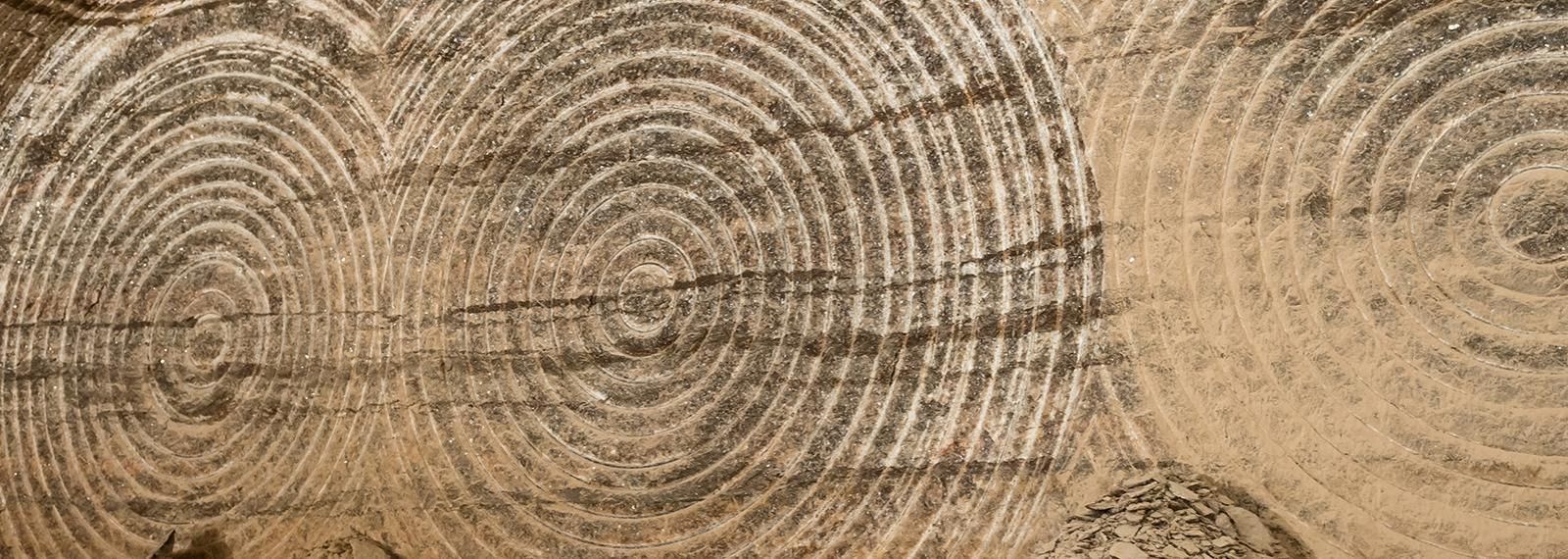
Michele Tuchscherer brings innovation to the potash industry
The recovery of ultrafine potash and the high capital cost and environmental impact of fine tailings management are two of the largest challenges facing the conventional potash industry.
A solution proposed by Michele Tuchscherer – a scavenger flotation circuit – addresses both issues, and her innovation was recognized last year with an Our World Award.
“The tagline for Innovation is to ‘Search for a Better Way,’ and this circuit offers a better, more sustainable way to manage fine tailings while significantly improving mill recovery,” says Michele. “I’m grateful to have Nutrien’s support with respect to innovation on this project and I’m proud to be making a significant contribution to sustainable mining.”
In 2016, shortly after starting in her role as a Process Engineer at Nutrien’s Allan Potash mine in Saskatchewan, Canada, Michele developed the concept for this circuit. She began her career at Nutrien as a student in Technical Services with a focus on ultrafine flotation research, and she thought that same technology had potential to resolve the issues she was tasked with in her current role.
“I reached out to my colleague, Courtney Rohachuk, and asked if she would be willing to discuss the potential of this idea,” says Michele. “I wanted to discuss my thoughts with another process engineer, and over pizza and wine the concept of the tailings flotation circuit was born!”
The proposed circuit utilizes two stages of ultrafine flotation to extend the life of the fine tailings management area without dissolution, resulting in a decrease in freshwater usage and an increase in mill recovery by capturing the ultrafine potash currently lost to tailings.
Michele has led the team at Allan to success in new frontiers of ultrafine flotation research over the past four years. Research on the circuit began in 2017, with a concept study completed in collaboration with a chemical engineering capstone group at the University of Saskatchewan. The results of the study were promising, so laboratory testing started the following year. The lab results aligned with the concept study, which led to extensive testing of the circuit in 2019, and with the help of a successful pilot, the decision was made to move ahead with a full-scale trial. The trial was successfully completed in 2021 and work to develop the project will continue in 2022.
"I can't overstate how much the success of this research over the past years is due to the entire team at Allan, including the metallurgical department and operations, maintenance and capital engineering teams," says Michele. "There has also been fantastic collaboration amongst the potash sites, specifically with the Engineering, Technology and Capital group and the team at Rocanville, and I hope these collaborative efforts continue in the future."
Collaboration is also the name of the game when it comes to Michele's leadership style.
"One of the best ways I've improved my leadership abilities is by asking my team for feedback to learn what I can do better to support them at work," she says. "By maintaining this open-door policy, I have really learned to adapt my leadership style in a way that works for my team and myself. I believe that a leader is successful when their team is successful."
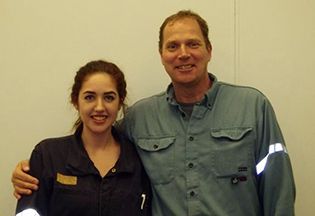
The recovery of ultrafine potash and the high capital cost and environmental impact of fine tailings management are two of the largest challenges facing the conventional potash industry.
A solution proposed by Michele Tuchscherer – a scavenger flotation circuit – addresses both issues, and her innovation was recognized last year with an Our World Award.
“The tagline for Innovation is to ‘Search for a Better Way,’ and this circuit offers a better, more sustainable way to manage fine tailings while significantly improving mill recovery,” says Michele. “I’m grateful to have Nutrien’s support with respect to innovation on this project and I’m proud to be making a significant contribution to sustainable mining.”
In 2016, shortly after starting in her role as a Process Engineer at Nutrien’s Allan Potash mine in Saskatchewan, Canada, Michele developed the concept for this circuit. She began her career at Nutrien as a student in Technical Services with a focus on ultrafine flotation research, and she thought that same technology had potential to resolve the issues she was tasked with in her current role.
“I reached out to my colleague, Courtney Rohachuk, and asked if she would be willing to discuss the potential of this idea,” says Michele. “I wanted to discuss my thoughts with another process engineer, and over pizza and wine the concept of the tailings flotation circuit was born!”
The proposed circuit utilizes two stages of ultrafine flotation to extend the life of the fine tailings management area without dissolution, resulting in a decrease in freshwater usage and an increase in mill recovery by capturing the ultrafine potash currently lost to tailings.
Michele has led the team at Allan to success in new frontiers of ultrafine flotation research over the past four years. Research on the circuit began in 2017, with a concept study completed in collaboration with a chemical engineering capstone group at the University of Saskatchewan. The results of the study were promising, so laboratory testing started the following year. The lab results aligned with the concept study, which led to extensive testing of the circuit in 2019, and with the help of a successful pilot, the decision was made to move ahead with a full-scale trial. The trial was successfully completed in 2021 and work to develop the project will continue in 2022.
"I can't overstate how much the success of this research over the past years is due to the entire team at Allan, including the metallurgical department and operations, maintenance and capital engineering teams," says Michele. "There has also been fantastic collaboration amongst the potash sites, specifically with the Engineering, Technology and Capital group and the team at Rocanville, and I hope these collaborative efforts continue in the future."
Collaboration is also the name of the game when it comes to Michele's leadership style.
"One of the best ways I've improved my leadership abilities is by asking my team for feedback to learn what I can do better to support them at work," she says. "By maintaining this open-door policy, I have really learned to adapt my leadership style in a way that works for my team and myself. I believe that a leader is successful when their team is successful."
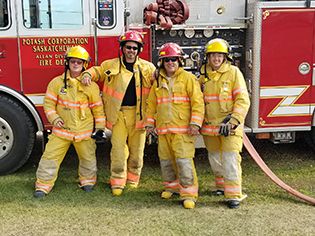
The recovery of ultrafine potash and the high capital cost and environmental impact of fine tailings management are two of the largest challenges facing the conventional potash industry.
A solution proposed by Michele Tuchscherer – a scavenger flotation circuit – addresses both issues, and her innovation was recognized last year with an Our World Award.
“The tagline for Innovation is to ‘Search for a Better Way,’ and this circuit offers a better, more sustainable way to manage fine tailings while significantly improving mill recovery,” says Michele. “I’m grateful to have Nutrien’s support with respect to innovation on this project and I’m proud to be making a significant contribution to sustainable mining.”
In 2016, shortly after starting in her role as a Process Engineer at Nutrien’s Allan Potash mine in Saskatchewan, Canada, Michele developed the concept for this circuit. She began her career at Nutrien as a student in Technical Services with a focus on ultrafine flotation research, and she thought that same technology had potential to resolve the issues she was tasked with in her current role.
“I reached out to my colleague, Courtney Rohachuk, and asked if she would be willing to discuss the potential of this idea,” says Michele. “I wanted to discuss my thoughts with another process engineer, and over pizza and wine the concept of the tailings flotation circuit was born!”
The proposed circuit utilizes two stages of ultrafine flotation to extend the life of the fine tailings management area without dissolution, resulting in a decrease in freshwater usage and an increase in mill recovery by capturing the ultrafine potash currently lost to tailings.
Michele has led the team at Allan to success in new frontiers of ultrafine flotation research over the past four years. Research on the circuit began in 2017, with a concept study completed in collaboration with a chemical engineering capstone group at the University of Saskatchewan. The results of the study were promising, so laboratory testing started the following year. The lab results aligned with the concept study, which led to extensive testing of the circuit in 2019, and with the help of a successful pilot, the decision was made to move ahead with a full-scale trial. The trial was successfully completed in 2021 and work to develop the project will continue in 2022.
"I can't overstate how much the success of this research over the past years is due to the entire team at Allan, including the metallurgical department and operations, maintenance and capital engineering teams," says Michele. "There has also been fantastic collaboration amongst the potash sites, specifically with the Engineering, Technology and Capital group and the team at Rocanville, and I hope these collaborative efforts continue in the future."
Collaboration is also the name of the game when it comes to Michele's leadership style.
"One of the best ways I've improved my leadership abilities is by asking my team for feedback to learn what I can do better to support them at work," she says. "By maintaining this open-door policy, I have really learned to adapt my leadership style in a way that works for my team and myself. I believe that a leader is successful when their team is successful."
Related stories
Explore more about Nutrien
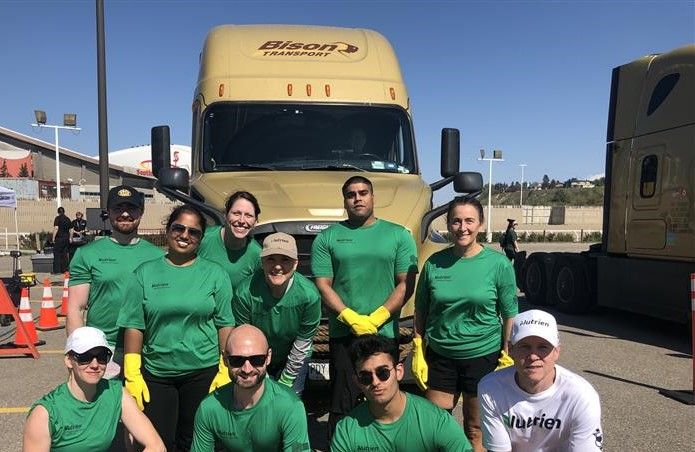
Sudeepta Mohapatra loves the thrill of the chase
In my role I track the global agricultural fundamentals that help in predicting short to long-term trends driving the future direction of the global agriculture industry. I also develop and update various economic models. These models are used to estimate and predict crop input expenditure in our [...]
Read more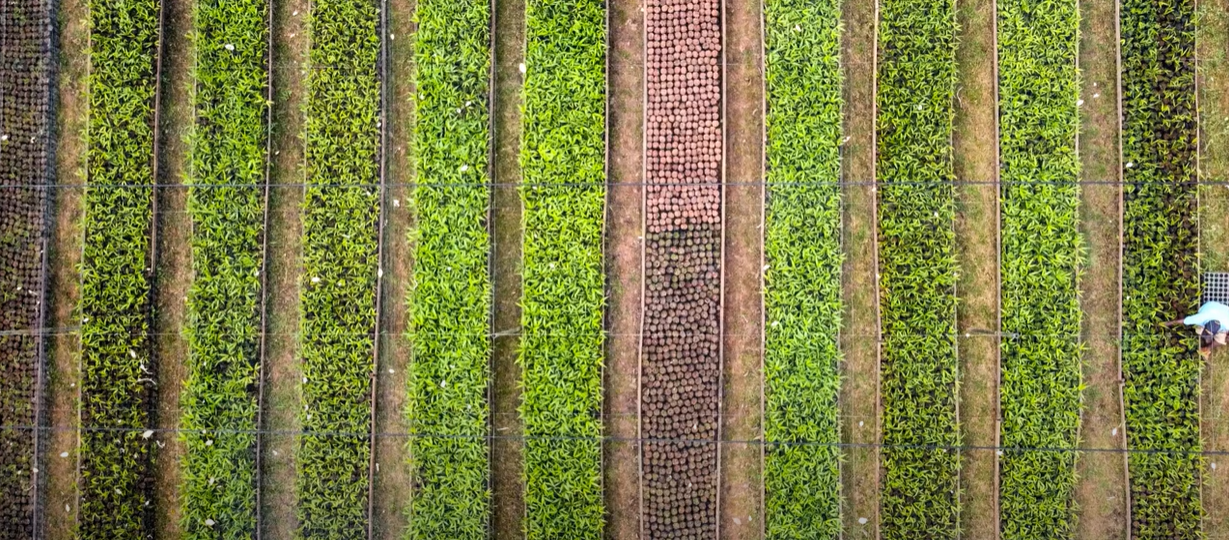
Nutrien Releases 2023 Global Community Impact Report
Nutrien’s Community Relations & Investment (CRI) supports our business purpose by nurturing communities through collaborations with community partners who share our values and help us to make a positive and lasting impact in the communities where we operate. “While we share CRI data and stories [...]
Read more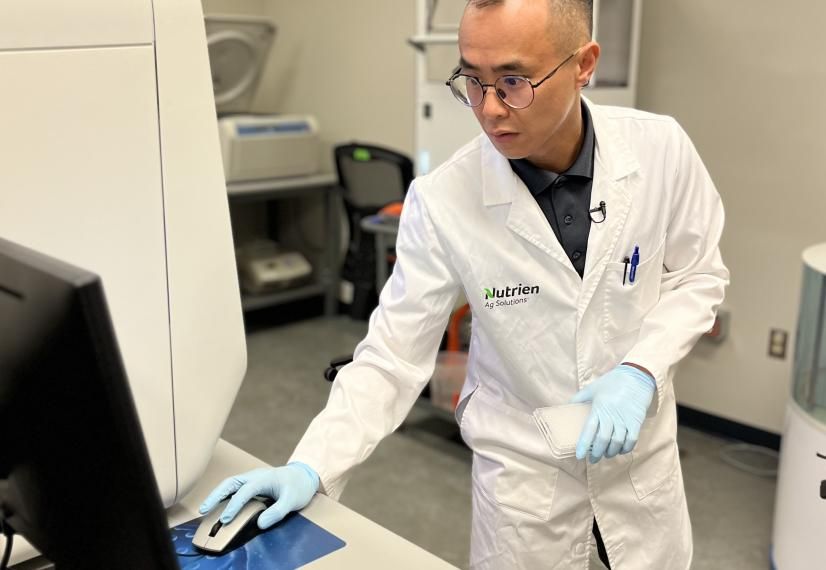
Using DNA analysis to make more resilient crops
Did you know that Nutrien has a Genotyping lab? It’s located in our Canola breeding facility in Saskatoon, Saskatchewan. Employees like Li Tan, Lead, Molecular Biology, work in the lab to analyze DNA for specific genes within plants.
Read more